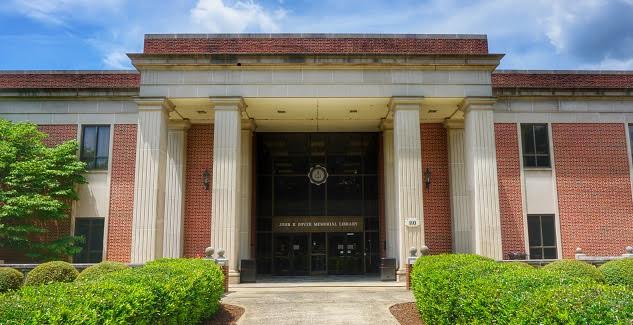Title
Design With Diversity in Mind: Online Information Literacy Instruction for Nontraditional Students
Document Type
Presentation
Publication Date
2014
Abstract
Web-based, online learning options through Blackboard, Moodle, Desire2Learn, and other learning management systems are increasingly popular for students and library patrons who are unable to attend traditional face-to-face courses on a college campus due to geographical, financial, or family obligations. Librarians are also retooling their information literacy courses to adapt to the rapidly evolving online learning environment. Just like in a physical classroom or library that provides assistive technology and interpreters, online information must be accessible for a variety of backgrounds and abilities. Inaccessible online courses that aren't developed with plain language, good color contrast, captions or alternative text formats, for example, present a challenge for adult learners who are unfamiliar with technology, and for students who have visual, hearing, or mobility impairments.
In the online environment, librarians must rely on a variety of tech tools, both open access and those made available through the LMS, to measure and assesses student learning outcomes - thus aligning and strengthening the information literacy standards being addressed in the session. If the assessment tools being used are not accessible to the students due to technology illiteracy or handicap the learning outcome is unsupported and student learning is impaired.
This poster will define several types of nontraditional students, illustrate how learning management systems can be used effectively for these audiences and will demonstrate tools and best practices for making online courses accessible for everyone.
Recommended Citation
Mabry, Holly and Bishop, Natalie, "Design With Diversity in Mind: Online Information Literacy Instruction for Nontraditional Students" (2014). Dover Library Faculty Professional Development Activities. 1.
https://digitalcommons.gardner-webb.edu/doverlibfacpub/1
Included in
Curriculum and Instruction Commons, Educational Methods Commons, Higher Education Commons, Instructional Media Design Commons, Online and Distance Education Commons



Comments
Originally presented at Georgia International Conference on Information Literacy 2014.